Fall 2025
Earthjustice Program Report
The power of the law belongs to all of us. This year, we’ve seen profit-driven polluters make brazen attempts to seize that power. But communities have not allowed governments, millionaires, or the president to commandeer the legal system. Instead, people have opted to fight back.
Earthjustice works on behalf of and in partnership with them, representing each client free of charge to ensure they get the same top-tier legal representation that polluters can often afford.
Together with our clients, we’re wielding the power of the law across 700 legal matters to protect people and our planet. With deep gratitude, we are pleased to share highlights of this work, which is made possible by partners like you.
A Thriving Web of Life
Humans depend on other species for everything from the oxygen we breathe to the pollinated crops we eat. Other species also have intrinsic value and an inherent right to exist. For all these reasons, it’s crucial to address the global decline in biodiversity and protect species’ habitats. The legal system is still the most powerful lever to drive progress toward these goals.
The Everglades immigration detention center.
In a major win in August 2025, a court ordered the state of Florida and the Trump administration to halt construction, stop bringing new detainees, and wind down operations at the detention center cynically nicknamed “Alligator Alcatraz.”
A month later, an appeals court issued a ruling to pause this order. The center, which has held more than a thousand people rounded up in the administration’s push for mass deportation, can continue with business as usual for now. But the facts and the law are on our side, and the fight is far from over.
The buildout of the detention center brought construction materials, roads, vehicles, and floodlights visible from 15 miles away to the Big Cypress National Preserve in the Greater Everglades. The Trump and Desantis administrations agreed to build the facility without undertaking any of the required environmental review or public input. This poses a serious threat to the sensitive ecosystem and endangered species such as the Florida panther, Florida bonneted bat, and wood stork, as well as other wildlife. On behalf of our tenacious client and alongside our partners, we will collectively continue to focus on defending these species and the irreplaceable Everglades.
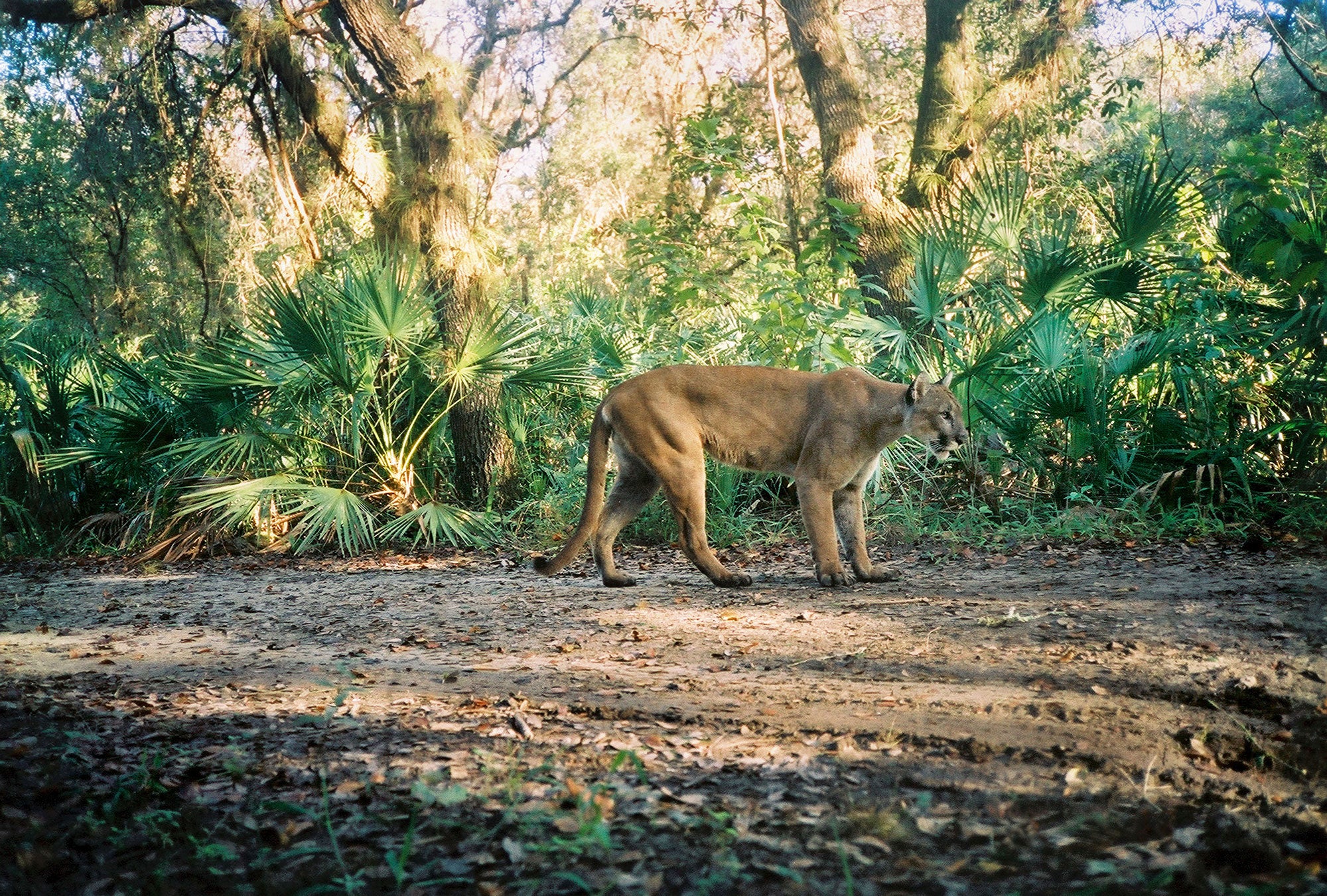
Pristine marine habitat.
In August 2025, we secured another win against the Trump administration by protecting the Pacific Islands Heritage Marine National Monument.
The monument is located south and southwest of Hawai‘i, and it holds cultural significance for Pacific Islanders. It’s also one of Earth’s most spectacular ocean ecosystems. Commercial fishing is prohibited in this federally protected area, as it would remove large numbers of marine life and wreak havoc on the ecosystem. In April, President Trump issued a proclamation to open the monument to commercial fishing, usurping Congress’ powers over federal lands. Following the proclamation, the National Marine Fisheries Service (NMFS) sent a letter to commercial fishing permit holders to give the green light for fishing in the monument. In doing so, the NMFS skipped over legal requirements to provide public notice and comment opportunities. We sued on behalf of our clients to challenge the proclamation and the NMFS letter. A federal court then declared the letter unlawful and nullified it. If the administration wants to attack the monument again, it must invest its limited time and energy into the rulemaking process, and we will be there at every turn. Our challenge to President Trump’s proclamation is also proceeding.
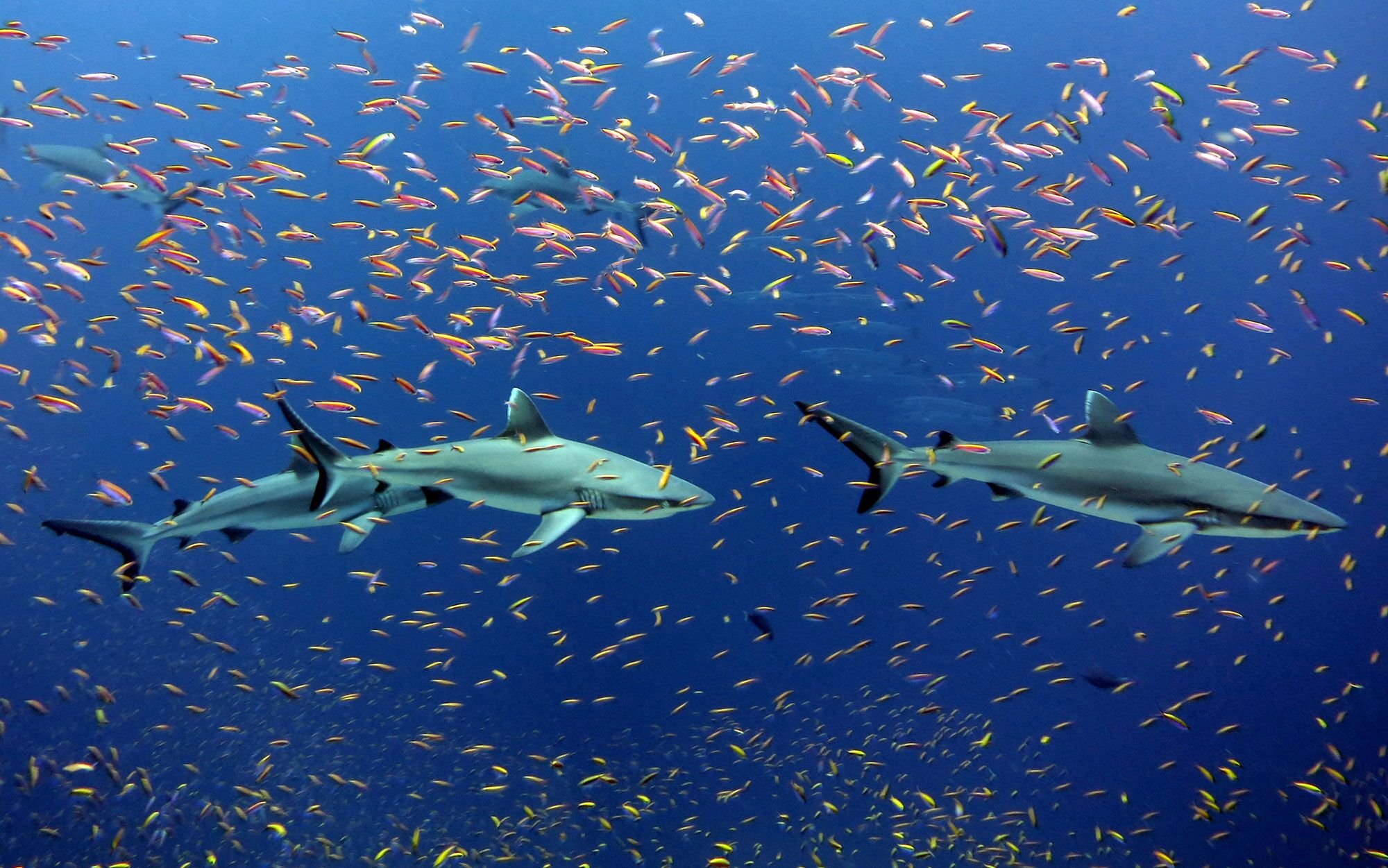
National forests and the Roadless Rule.
The Roadless Rule safeguards federally managed forests from most road building and logging. In places like Alaska’s Tongass National Forest, which endured decades of clear-cutting, the rule has helped create space for sustainable industries such as tourism and fishing to flourish and replace industries like logging.
The Roadless Rule ensures forests like the Tongass can continue to protect important cultural sites, provide critical habitat for wildlife, filter drinking water, sustain communities, and absorb and store carbon, helping to fight climate change. But in August 2025, the administration began the process to repeal the Roadless Rule. In response, there have been signs of broad public outrage, including at least 500,000 comments submitted by people in opposition to repealing the rule. The public lands protected by the Roadless Rule are vital, and we’ll continue our decades-long defense of the rule and forests like the Tongass.
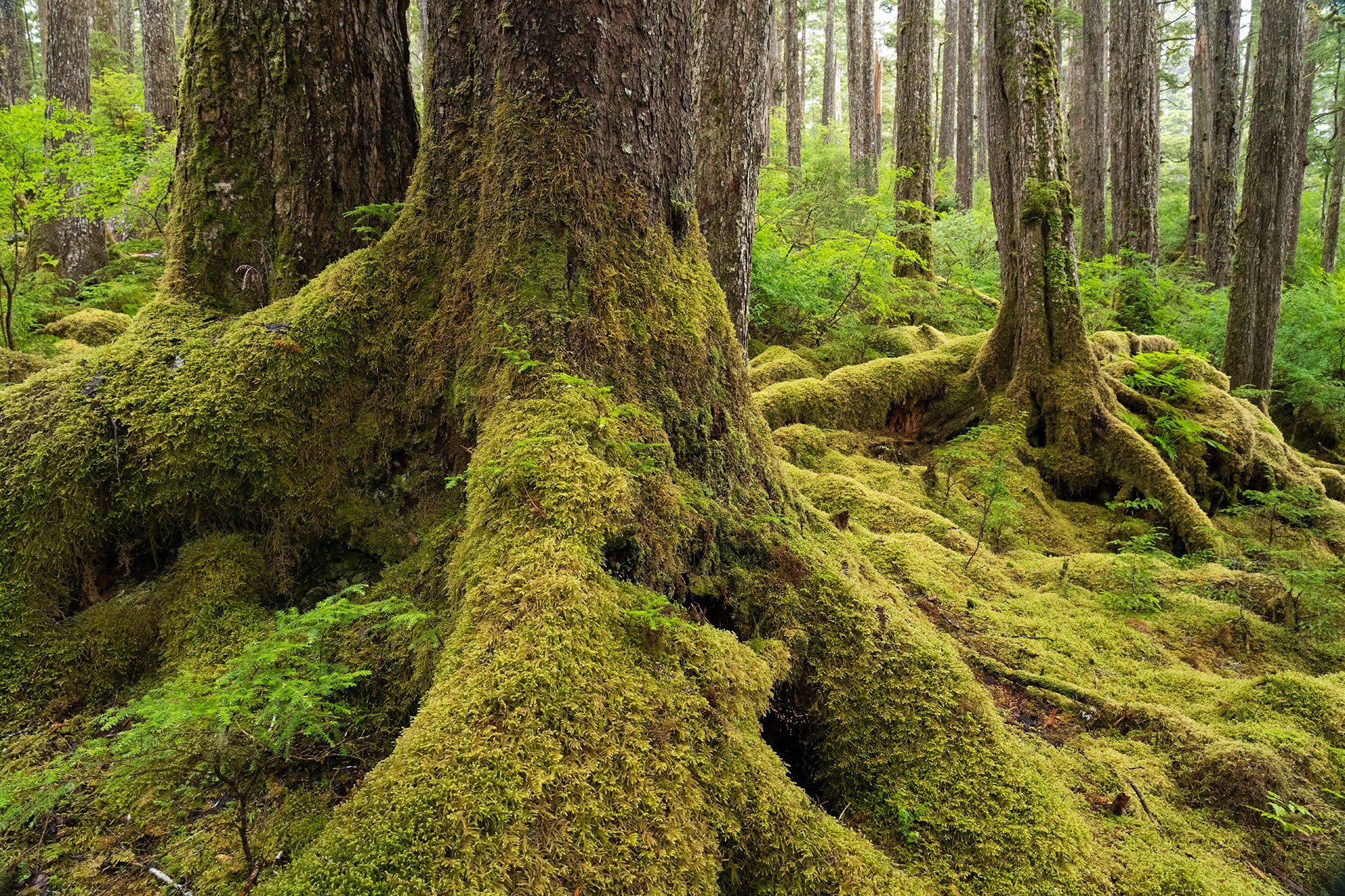
Biodiversity beyond U.S. borders.
A hard-won settlement is protecting Africa’s only penguin species from imminent extinction.
Our partner in South Africa, Biodiversity Law Centre, reached an agreement for meaningful, science-based fishery closures around six key African penguin breeding colonies for 10 years. Food scarcity caused by the fisheries is the main driver of penguin declines, so the closures are a big win for these little birds. Earthjustice supported our partner’s work by providing expertise for the successful settlement negotiations and in preparing court briefings.
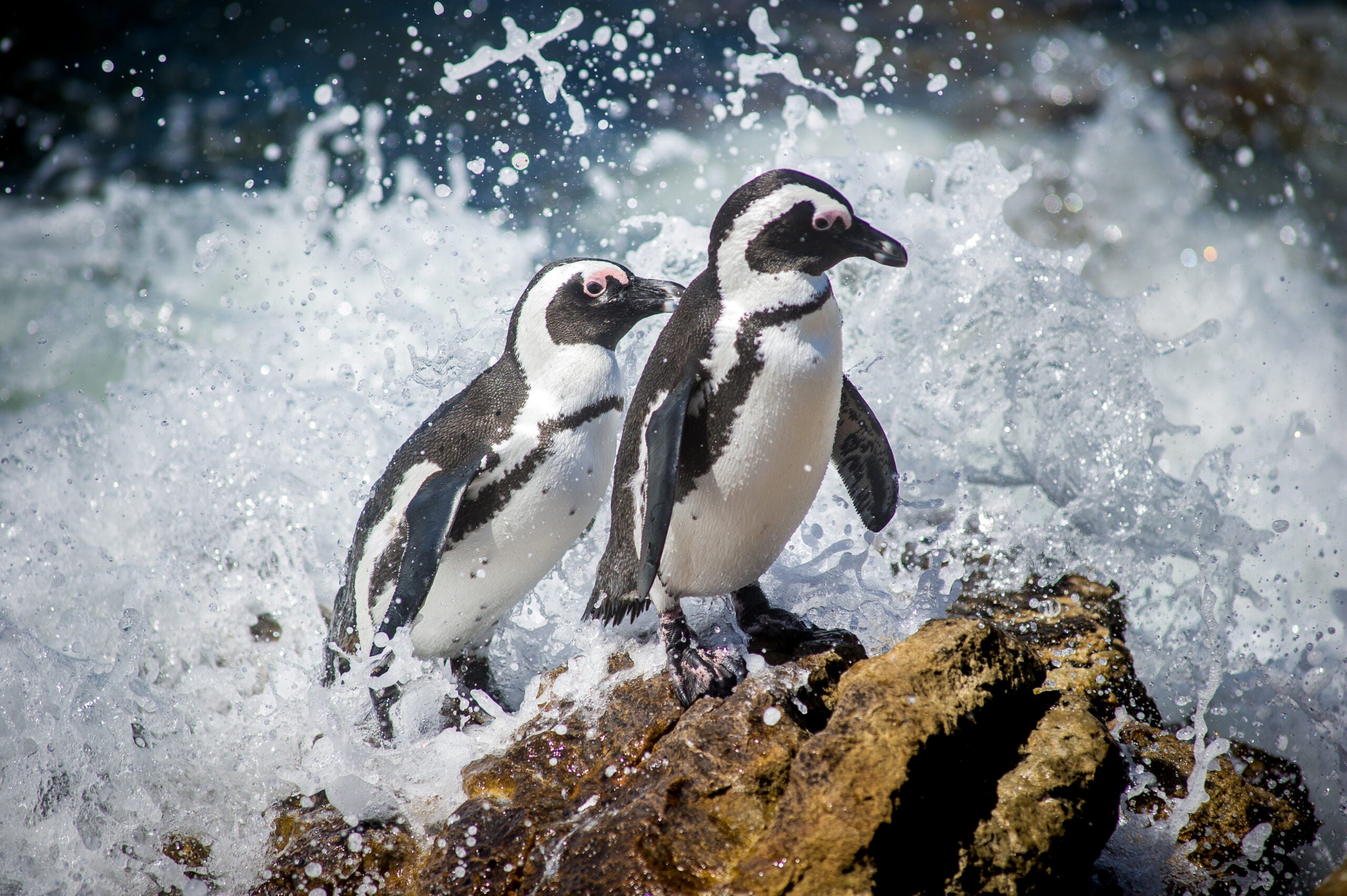
Fisheries also threaten the survival of the world’s rarest dolphin. By unintentionally catching the critically endangered Māui dolphin, of which less than 50 remain, two New Zealand fishing fleets are driving the species to extinction. These fleets sell seafood to the U.S., but U.S. law prohibits imports from fisheries that do not meet U.S. standards for marine mammal protection. In August 2025, a court ruling in our favor made it clear the U.S. had no basis to conclude New Zealand is doing enough to protect the Māui dolphin. Because of our lawsuit, New Zealand is now at risk of losing valuable access to U.S. markets for these fisheries, and fisheries around the world will be held to a higher standard benefiting all marine mammals.
Every day, 220 Earthjustice attorneys, along with policy and communications experts, are working to protect people and the planet. While we are equipped to do our work well, the scale and scope of new, illegal threats to our communities and the natural world are increasing.
Justice and Health for All
Earthjustice and our clients fight every day for clean air, clean water, and an environment free from toxic pollution. Equipped with the power of the law, we take on well-resourced corporate polluters and hold governments accountable for decisions that harm people.
Communities fight for public health and win.
In 2022, EPA staff went to the majority Black community of St. John the Baptist Parish, Louisiana. They were there to inspect a neoprene manufacturing facility owned by the multinational company Denka. Petrochemical plants like this and their toxic emissions are rife in this region, which is known as “Cancer Alley” due to residents’ staggeringly high cancer rates. Denka’s facility exemplified this danger as it released chloroprene, which the EPA classifies as a likely carcinogen. In fact, the concentration of this chemical was so high that the visiting EPA staff had to leave for their safety. Parish residents could not so easily escape. Instead, they organized, marched, petitioned, and sued, with Earthjustice partnering with and representing them. After nearly a decade, Denka announced in May 2025 that it indefinitely paused operations in the parish due to financial losses. The air is cleaner today not because Denka took responsibility, or because of the government, but because residents refused to back down.
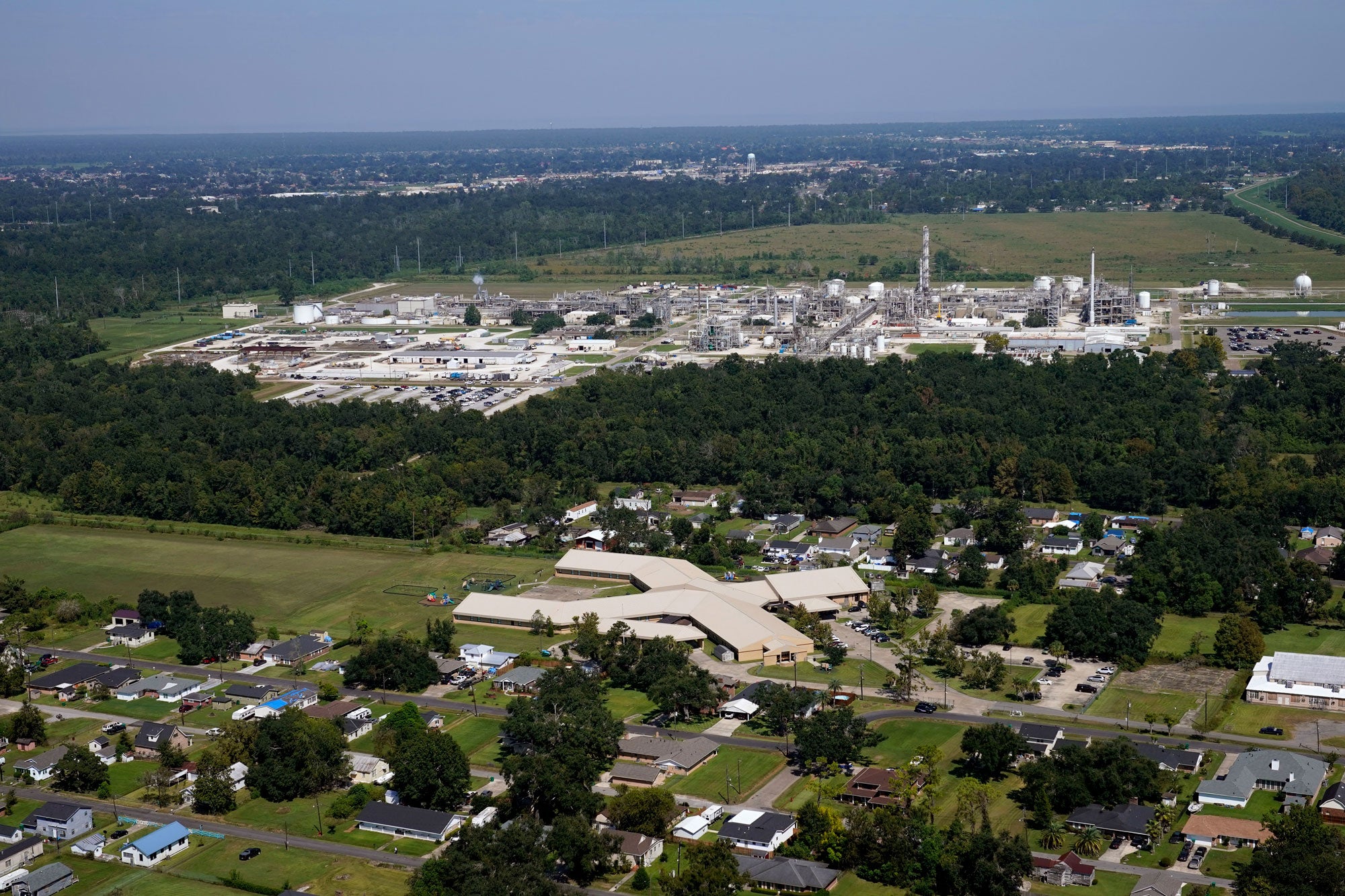
In another community-led victory, we ensured that plans to build a barge facility near the San Jacinto River Waste Pits Superfund Site in Texas will not proceed without a full environmental review. The U.S. Army Corps of Engineers approved a permit allowing for dredging and adding moorings near the Superfund site, which has pits contaminated with dioxins and furans (the EPA considers these likely carcinogens). Dredging and increased barge traffic could disturb the pits, threatening the San Jacinto River, fisheries, and nearby communities with cancer rates already “significantly greater” than the state average. After the Corps tried to bypass environmental scrutiny and public input through a shortcut permit last year, we filed a lawsuit on behalf of the Texas Health and Environment Alliance. In April 2025, the Corps agreed its process was inappropriate and revoked the permit. This relatively quick win was achieved on the foundation built by our tenacious client and the impacted communities that spent a decade campaigning against this project.
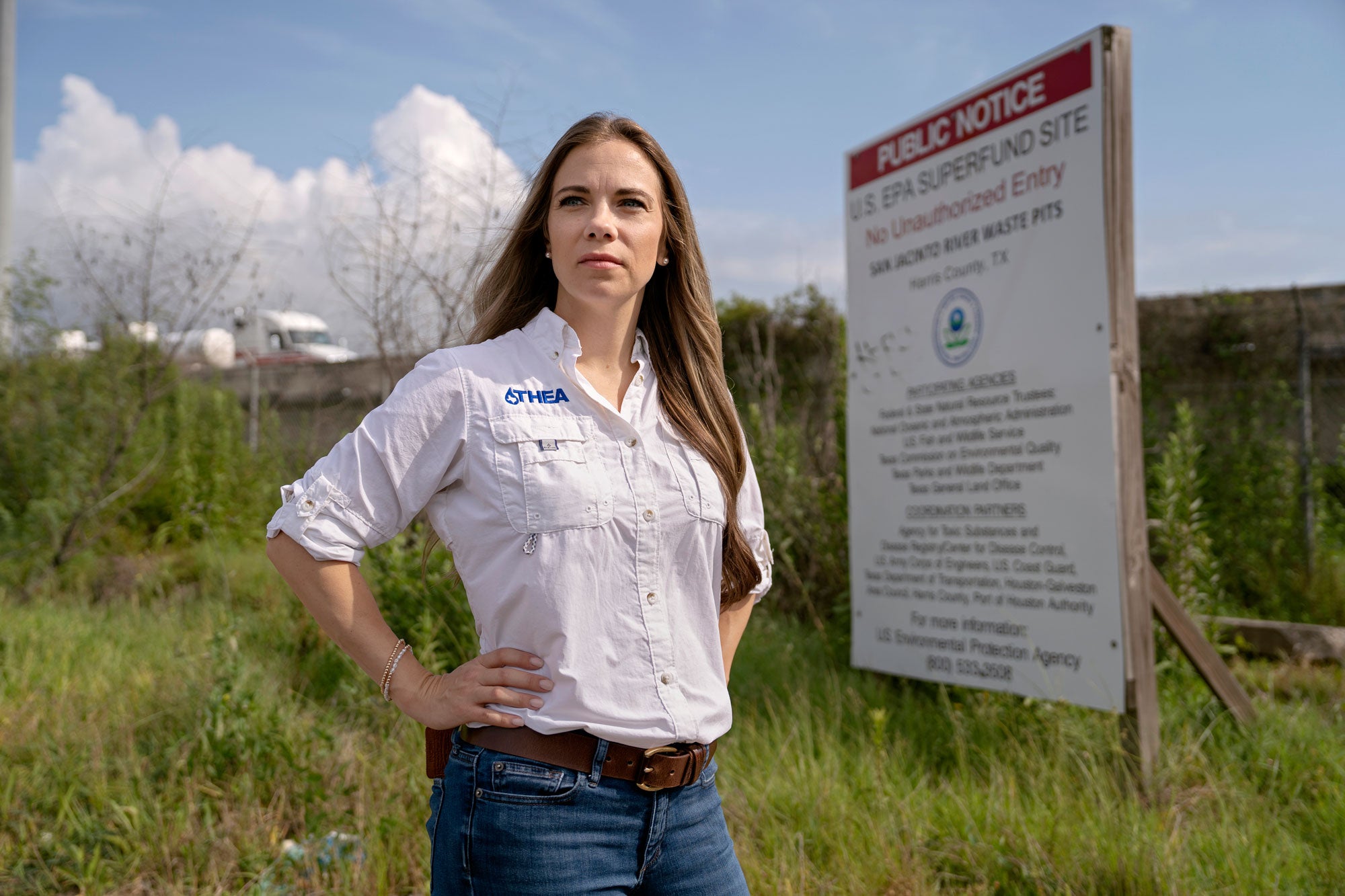
New issues and tactics.
Earthjustice is taking initiative to address emerging environmental threats and to broaden and sharpen the legal strategies that will be most effective in these tumultuous times.
Clean Energy and a Safer Climate
We won’t stop until we transition away from fossil fuels and deliver the 100% clean energy future that we all deserve. We know the health of our planet — and every living thing that calls it home — depends on this.
Averting a second Deepwater Horizon.
BP’s Deepwater Horizon oil spill in 2010 was the most destructive in U.S. history. Now, the company is seeking federal approval to go into deeper and riskier waters in the Gulf.
BP is proposing a high pressure, high temperature project called “Kaskida” that is six times more likely to experience the same type of incident that caused the Deepwater Horizon disaster. The project could open access to up to 10 billion barrels of oil. In late August, the Bureau of Ocean Energy Management did not approve BP’s initial proposal for the Kaskida project due to its failure to meet basic requirements under the law. Tens of thousands of comment letters submitted by members of the public — including from more than 37,000 Earthjustice supporters — and a congressional letter urging the bureau to reject the project likely contributed to this decision.
The bureau requires modifications if a company cannot make adequate provisions for safety, environmental protection, conservation of natural resources, or otherwise does not comply with the law. If BP addresses the serious flaws, it can resubmit its proposal and the bureau will have to make a new decision. Earthjustice remains ready to challenge oil projects that fail to meet the legal and safety standards for drilling in our public waters.
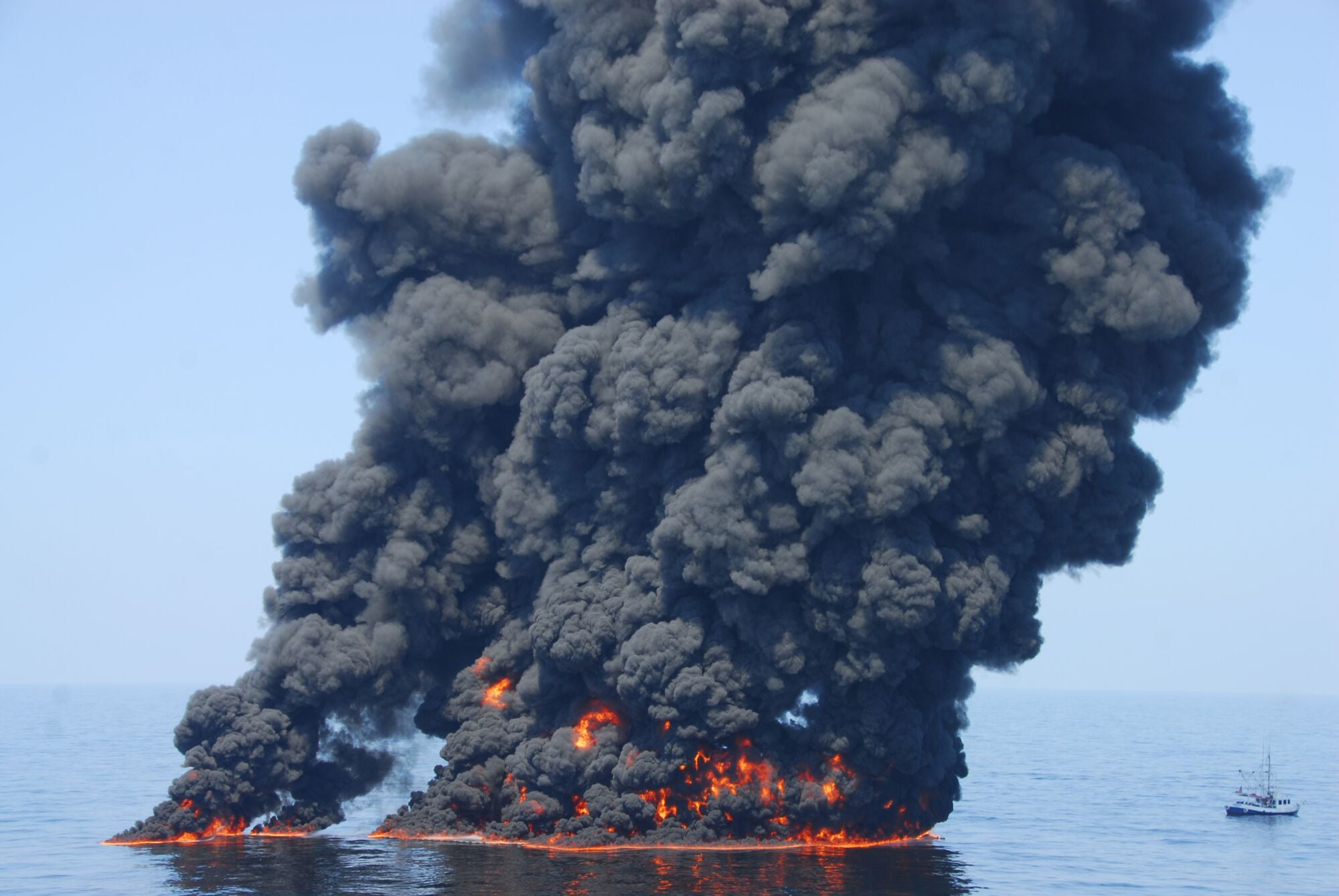
New state laws.
Around the country, we’re also pushing states to supercharge their clean energy transitions. In August 2025, a bill that Earthjustice helped to draft and that our partners have long fought for was signed into law in Illinois.
The law bans carbon sequestration in, above, or below the state’s Mahomet Aquifer. Carbon sequestration could lead to heavy metals leaching into this sole source of drinking water for hundreds of thousands of people in central Illinois. The carbon capture and sequestration process involves capturing carbon emissions at power plants and industrial facilities and injecting them underground. Industry wants to use this dangerous and expensive technology to sustain reliance on fossil fuels while claiming to be part of the climate solution. We and our clients are working to ensure that communities are safeguarded against carbon capture and sequestration while we continue to push for genuine climate solutions such as clean energy and electrification.
Progress toward a zero-emissions future.
The New York City skyline. (Matteo Colombo / Getty Images)
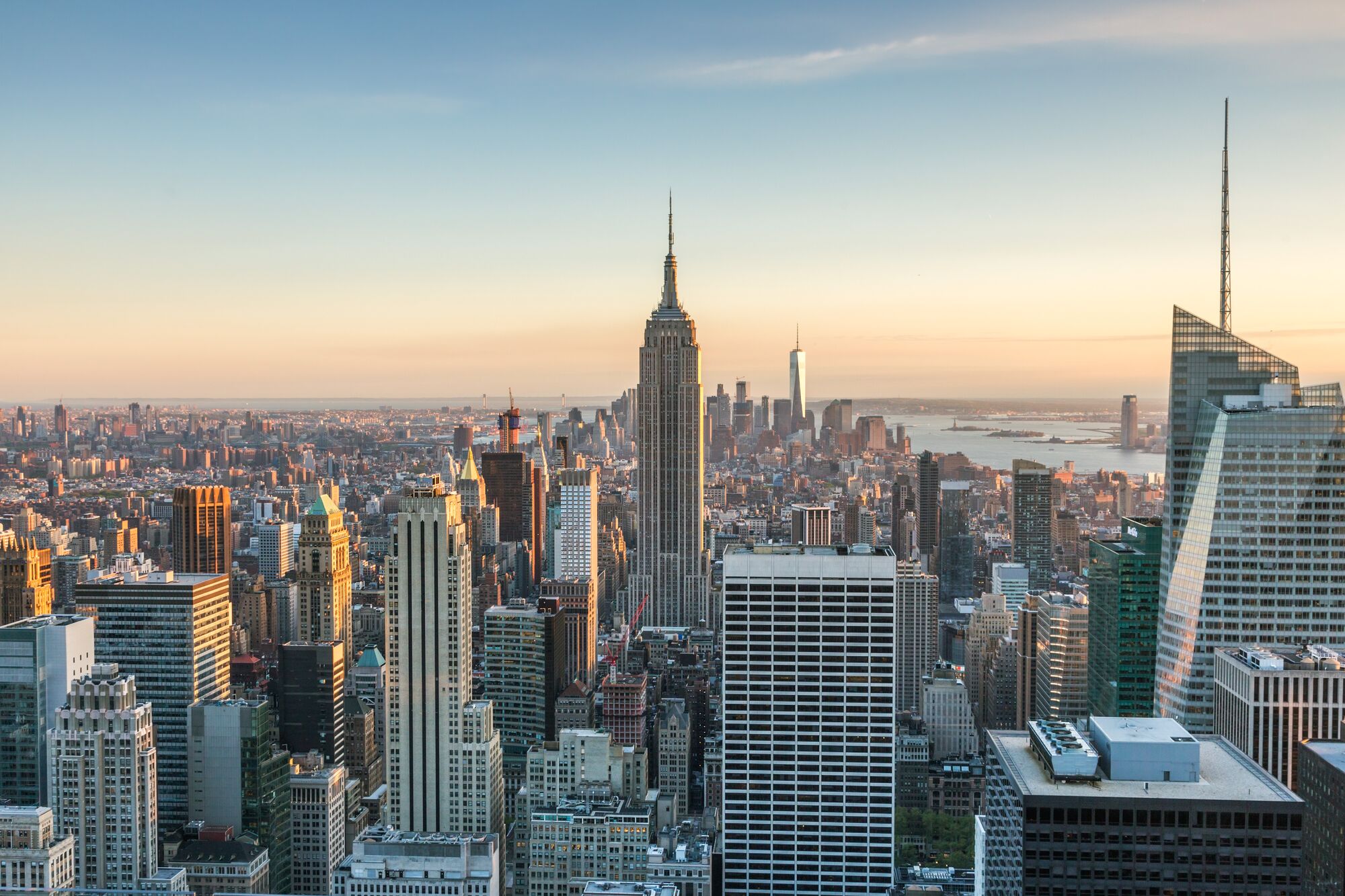
The Power of the Law
Polluters do not have final say on the future of our planet. The law gives each of us the power to forge the thriving, sustainable world we need. But while the legal system is still the most effective tool to fight for the environment, the strength to leverage it comes from you, other Earthjustice supporters, partners, and clients. It takes many hands to do this work, and we are grateful and honored to have you with us.